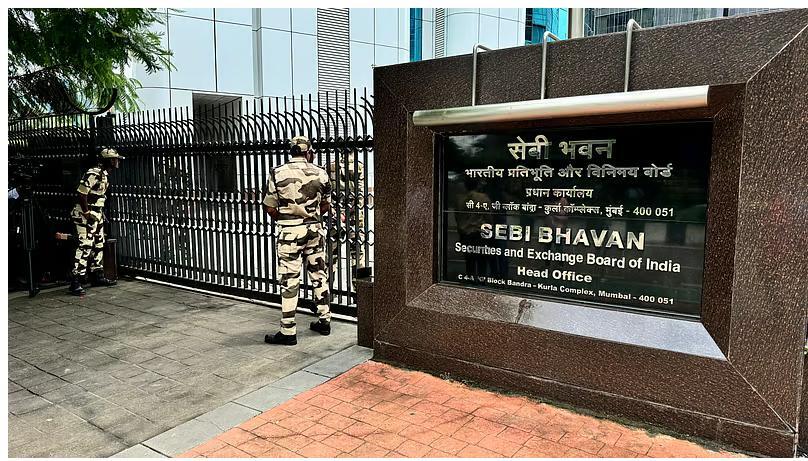
SEBI May Discuss Suitability Test for Retail F&O Investors: Report
The Securities and Exchange Board of India (SEBI) may soon introduce a suitability test for retail foreign exchange (F&O) investors to assess their knowledge and financial capabilities, according to a recent report by NDTV Profit. This move is aimed at ensuring that only eligible traders engage in F&O trading, which can help curb excessive volumes and protect investors.
The Secondary Market Advisory Committee (SMAC), which is a key panel of SEBI, is likely to discuss the proposal during its next meeting. The committee is responsible for providing recommendations to SEBI on various market-related issues.
As per the report, the suitability test is designed to evaluate the financial literacy and risk tolerance of retail F&O investors. This would help SEBI to identify investors who are capable of handling the risks associated with F&O trading and prevent those who are not, from engaging in such activities.
The move is part of SEBI’s broader efforts to protect investors and improve market standards. In recent years, the regulator has taken several steps to improve market infrastructure and ensure investor protection. Some of these initiatives include the introduction of stricter surveillance measures, enhanced disclosure requirements, and the establishment of a robust complaint redressal mechanism.
F&O trading has become increasingly popular among retail investors in recent years, thanks to the ease of access and the potential for high returns. However, this has also led to concerns about excessive volumes and market volatility. The suitability test is aimed at addressing these concerns by ensuring that only informed and financially capable investors participate in the F&O market.
The suitability test is not a new concept in the Indian securities market. SEBI has already introduced a similar test for retail investors who want to invest in equity derivatives. However, the proposed test for F&O investors would be more comprehensive and would take into account their financial knowledge, risk tolerance, and investment objectives.
The test would likely consist of a series of questions that would assess the investor’s understanding of various financial concepts, including risk management, leverage, and market volatility. Investors who pass the test would be allowed to trade in the F&O market, while those who fail would be restricted from doing so.
The introduction of a suitability test for retail F&O investors is a welcome move, as it would help to protect investors from potential losses and improve market stability. F&O trading is a complex and high-risk activity that requires a good understanding of financial markets and instruments. Without proper knowledge and risk management skills, investors can easily get trapped in a vicious cycle of losses and debt.
The success of the suitability test would depend on various factors, including its design, implementation, and enforcement. SEBI would need to ensure that the test is fair, transparent, and effective in identifying investors who are capable of handling the risks associated with F&O trading.
In conclusion, SEBI’s proposed suitability test for retail F&O investors is a step in the right direction, as it would help to protect investors and improve market standards. The test would provide a robust framework for evaluating the financial knowledge and risk tolerance of retail investors, which would help to ensure that only eligible traders engage in F&O trading.




